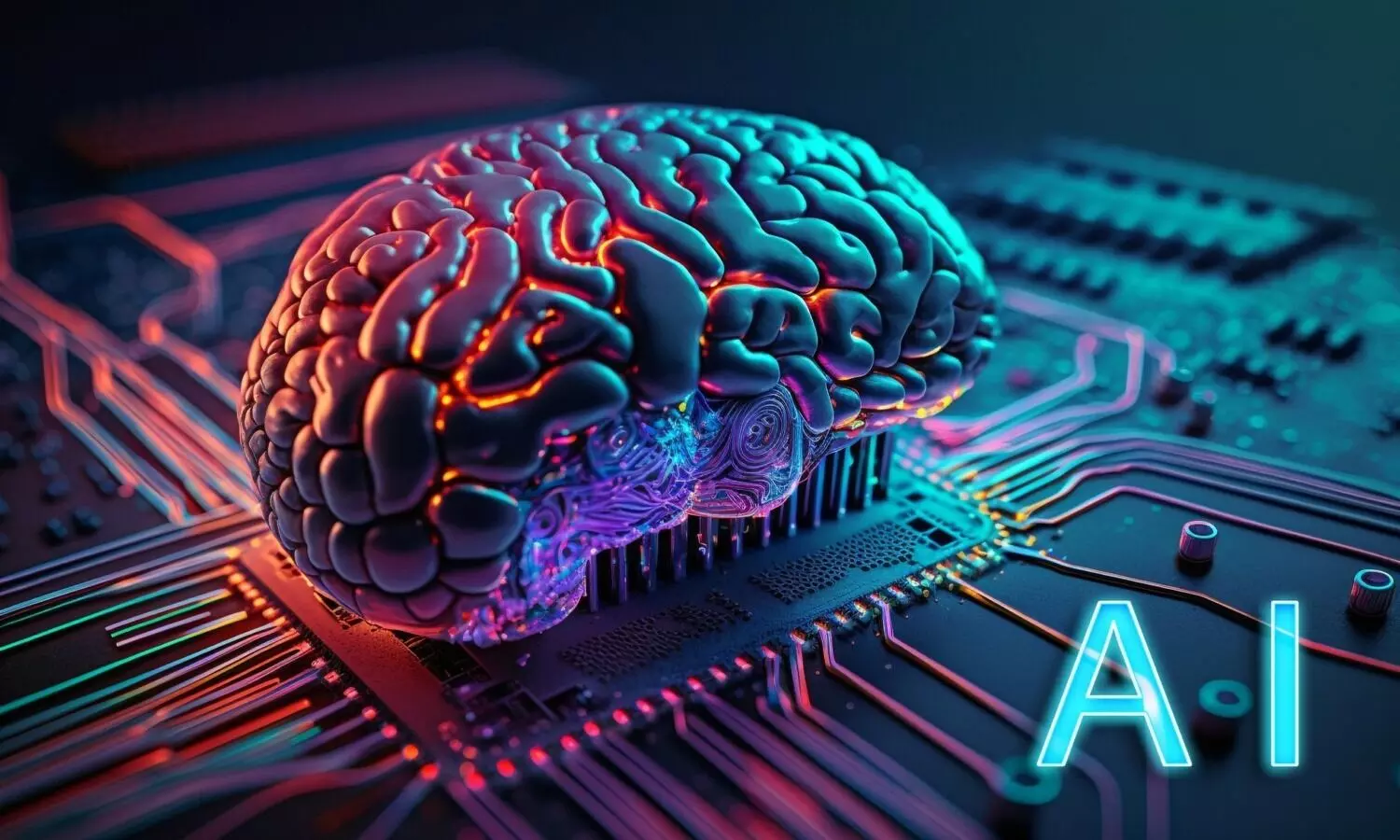TRENDING TAGS :
India to Enact AI Regulations to Address Deepfakes and More
The Indian government is planning to create a legal framework to regulate artificial intelligence (AI) and address concerns such as deepfakes and copyright infringement.
AI (Artificial Intelligence)
The Indian government is taking a step forward in regulating artificial intelligence (AI). The government plans to create a legal framework to address issues and concerns surrounding AI, including deepfakes and copyright infringement. This announcement comes after the advisory that asked tech companies to be transparent about AI models was withdrawn. The government believes that a self-regulatory body would not be sufficient to address the complexities of AI regulation.
The Minister of Electronics and Information Technology, Ashwini Vaishnaw, stated that the government is working on a legal framework for AI. He said that the legislation is expected to begin after the general elections. The legal framework will address various aspects of AI, including:
Deepfakes: Deepfakes are videos or audio recordings that have been manipulated using AI to make it appear as if a person is saying or doing something they never did. Deepfakes can be used to spread misinformation or damage someone's reputation.
Copyright Infringement: AI can be used to create content that infringes on copyrights. For example, AI can be used to generate music or images that are similar to copyrighted works.
Facial Recognition: Facial recognition technology is used to identify individuals from images or videos. Facial recognition can be used for surveillance or law enforcement purposes. However, there are concerns about the accuracy and privacy implications of facial recognition technology.
Algorithmic Bias: AI algorithms can be biased, which can lead to discriminatory outcomes. For example, an AI algorithm that is used to decide who gets a loan may be biased against certain groups of people.
Explainable AI: Explainable AI (XAI) is a field of research that focuses on developing AI systems that are understandable by humans. XAI is important for ensuring that AI systems are fair and accountable.
The Indian government's decision to regulate AI is a welcome development. AI has the potential to revolutionize many industries, but it is important to ensure that AI is developed and used responsibly. A legal framework can help to address the risks and challenges associated with AI and ensure that AI is used for good.
Here are some of the potential benefits of AI regulation:
Protects consumers from harm: AI regulation can help to protect consumers from being harmed by AI systems. For example, regulation can help to ensure that AI systems are not used to discriminate against people or to spread misinformation.
Promotes innovation: A clear regulatory framework can help to promote innovation in the AI sector. Companies will be more likely to invest in AI if they know what the rules are.
Builds trust in AI: AI regulation can help to build trust in AI among the public. If people know that AI is being regulated, they are more likely to be comfortable using AI systems.
Of course, there are also some potential challenges associated with AI regulation. For example, it can be difficult to write regulations that are specific enough to be effective but also flexible enough to accommodate future innovation. Additionally, regulation can stifle innovation if it is too burdensome.
The Indian government will need to carefully consider these challenges as it develops its AI regulations. However, the potential benefits of AI regulation outweigh the risks. AI regulation is an important step towards ensuring that AI is used for good.



